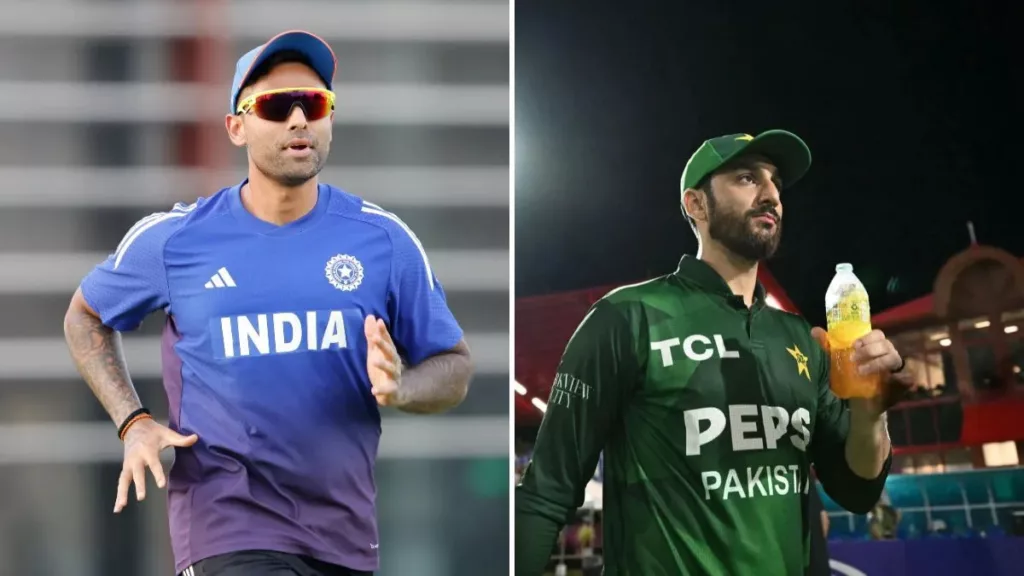As tensions simmer between India and Pakistan following the April terror attack in Pahalgam, calls for a complete sporting boycott have grown louder. Yet, the Board of Control for Cricket in India (BCCI) has confirmed that India will face Pakistan in the upcoming Asia Cup 2025, citing binding government policy and international obligations.
The Political Backdrop
The demand for a boycott intensified after 26 Indian tourists were killed in a Pakistan-sponsored attack in Jammu and Kashmir. Public sentiment turned sharply against any form of sporting engagement, with former cricketers and political leaders urging the BCCI to withdraw from the high-profile clash scheduled for September 14 in Dubai.
BCCI’s Clarification: Policy Over Politics
Breaking its silence, BCCI Secretary Devajit Saikia explained that the board is strictly adhering to guidelines laid down by the central government’s sports department. While bilateral ties with Pakistan remain suspended, India is permitted to compete against Pakistan in multilateral tournaments like the Asia Cup and ICC events.
“We are following the policy framed by the government of India. There are no restrictions on participating in multinational tournaments, even if they include countries not on friendly terms with India,” Saikia told ANI.
The Risk of Sanctions
Saikia warned that boycotting Pakistan in a multi-nation event could invite sanctions from the Asian Cricket Council (ACC) or the International Cricket Council (ICC). Such penalties could jeopardize India’s standing in global cricket and derail the careers of emerging players.
“Non-participation can lead to penalties. Ultimately, it’s the players — especially the upcoming ones — who would lose opportunities,” he added.
Bilateral vs Multilateral: A Strategic Distinction
India has not played a bilateral series with Pakistan since 2012, maintaining a firm stance on isolating its neighbor diplomatically. However, multilateral tournaments are governed by international bodies, and withdrawal from such events could have far-reaching consequences beyond cricket — including Olympic-level sanctions.
What This Means for Fans and Federation
While emotions run high, the BCCI’s decision reflects a balancing act between national sentiment and global sporting commitments. The Asia Cup 2025, beginning September 9, will see India face Pakistan potentially up to three times, depending on progression through the Super Four and final rounds.







